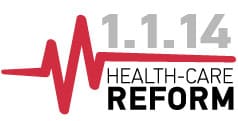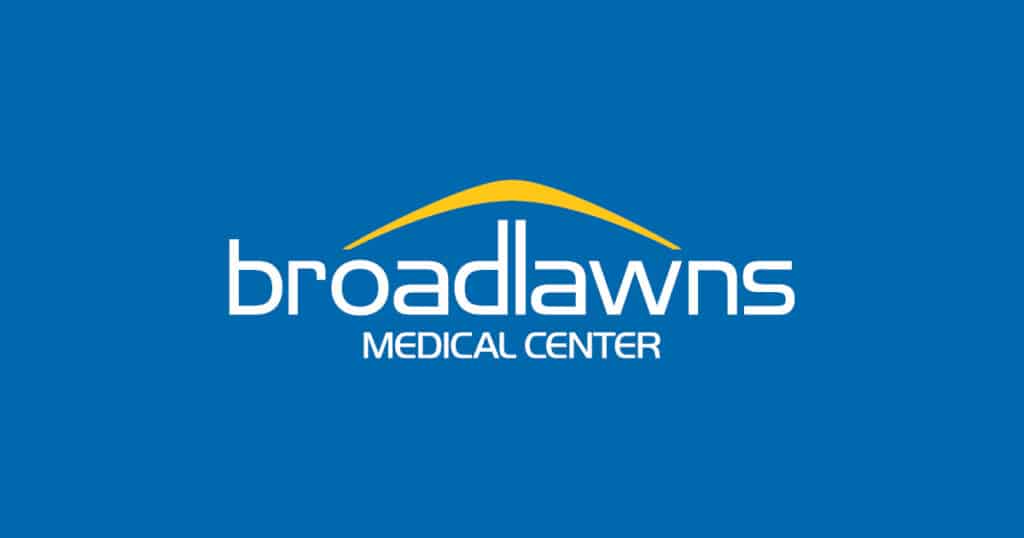2012 in Review: Health & Wellness

Health-care reform takes center stage
The future of federal health-care reform was uncertain for much of 2012, as Americans awaited a ruling by the U.S. Supreme Court and the outcome of the November presidential election. In August, the Business Record launched a Health Care Reform series to help readers better understand how the changes will affect both large and small businesses, as well as health-care providers and the insurance industry.

Although small groups won’t be subject to penalties, they will face a greater burden than large groups in regard to coverage requirements, said insurance experts.
See continued coverage at www.businessrecord.com/healthreform

Broadlawns Medical Center in January began offering three-dimensional breast cancer screening at its mammography center. The Des Moines hospital said it was the first in Iowa to offer breast tomosynthesis screening, the latest generation of equipment that uses very low X-ray exposure and high-powered computing to provide a three-dimensional image that can help to identify very small tumors.
In September, Iowa Radiology P.C. announced that it had installed five state-of-the-art digital mammography machines at three of its Greater Des Moines clinics. Iowa Radiology, which works in partnership with Iowa Health – Des Moines, offers the “Selena Dimensions,” a three-dimensional digital mammography machine. “The ability of this technology to detect cancers at an even smaller size will definitely help us to save lives,” said Iowa Radiology’s Dr. Jill Westercamp. Read full story

Meridian Health Plan, a private Medicaid health plan founded 15 years ago in Detroit, began offering services to Iowa Medicaid patients in February. The company has grown to become Michigan’s largest Medicaid health maintenance organization (HMO) plan, with 290,000 members. Three years ago, it expanded into Illinois, where it now serves about 7,000 Medicaid enrollees.
Leading the Iowa health plan is Dr. Andrea McGuire, who left her position as chief medical officer of Des Moines-based American Republic Insurance Co. at the beginning of the year. Read more
American Cancer Society recruits for nationwide study

The study will regularly survey participants between the ages of 30 and 65 who have never been diagnosed with cancer other than minor skin cancers. Earlier studies proved the link between cigarette smoking and lung cancer.
The organization’s goal is to recruit at least 300,000 volunteers nationwide who will commit to answering health questionnaires about once a year throughout the multiyear study. Statewide, the organization hopes to recruit more than 2,600 Iowans. Read full story

The growing problem of addiction to narcotic painkillers created a niche for a new specialty medical clinic in West Des Moines. Entrepreneur Michael Vasquez launched Harbor View Medical in September to provide a new approach for preventing prescription drug addiction through a coordinated, multidisciplinary approach to medication management.
In 2010, there were 39 reported deaths in Iowa from prescription painkiller overdoses, a tenfold increase from a decade earlier. Hydrocodone, a narcotic painkiller, is the most-prescribed drug in the state, with more than 72 million doses prescribed to Iowans in 2010.
Iowa’s drug policy coordinator also kicked off a medicine abuse project, aimed at preventing prescription drug abuse. The program encourages Iowans to talk to their children about the dangers of drug abuse, secure their medicines and safely dispose of unused prescription drugs. Read full story











